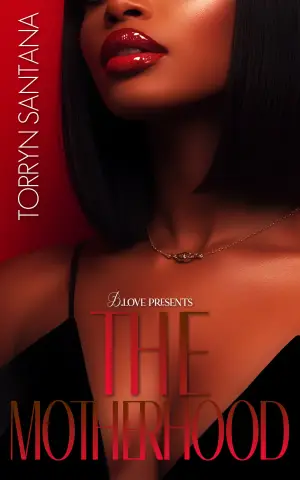Discovering Wonder Boys: A Journey Through Michael Chabon’s Literary Maze
As a book blogger, I’m always on the lookout for stories that transport me into a world of creative chaos and genuine humanity. When I stumbled upon Michael Chabon’s Wonder Boys, I was immediately intrigued—not just by the captivating premise revolving around a pot-addled writer trying to craft his elusive second novel, but also by Chabon’s reputation as a master of eloquence and wit. This book has long graced literary circles, but finally diving into it felt like discovering a hidden gem in an overflowing bookshelf.
Wonder Boys introduces us to Grady Tripp, a former literary wonder now trapped in a fog of marijuana haze and life’s complexities. He is suffering from the notorious writer’s block while simultaneously grappling with the shambolic remnants of his personal relationships. Enter James Leer, Tripp’s unconventional student, whose dark obsession with Hollywood’s self-destruction mirrors the chaos unfolding around Grady.
What struck me initially was Chabon’s deft ability to create relatable yet deeply flawed characters. Grady, in particular, tugged at my heartstrings—his struggles reflected not only the trials of creativity but also the complex web of love, failure, and existential musings that often come hand in hand with artistic pursuits. Chabon weaves a narrative rich with humor and poignancy, elevating it beyond simple comedy to a satire filled with insights about fame, love, and the messiness of life.
If you’ve ever felt lost in your own aspirations, you might find solace in Grady’s plight. There’s a moment in the book where he reflects on his stagnation: “I am stuck, a man adrift,” and I found myself nodding along, recalling my own moments of stagnation. This aspect of the character felt particularly resonant with those of us who’ve danced on the line between ambition and procrastination.
Chabon’s prose is nothing short of delightful. His writing is both witty and introspective, blending poetic descriptions with razor-sharp observations. The pacing zips along, fueled by a sardonic humor that made me chuckle even during the less frenetic scenes. One memorable quote stood out for me: “We are the sum of our writing, and we are each sentence.” This echoes a truth that every writer grapples with—the weight of our words and the intimate relationship we have with the stories we forge.
However, the narrative does have its meandering moments. Some might find certain plot points a tad clichéd, particularly in its portrayal of writers and their stereotypical struggles. Yet, isn’t that part of the charm? Chabon doesn’t shy away from the tropes of the writing world—he dives straight into them, flips them over, and serves them back to us, often with a hearty laugh.
In the end, Wonder Boys serves as both a celebration and a satire of the literary world, painting a vivid portrait of life’s absurdities. It’s perfect for anyone who enjoys literary humor, character-driven narratives, or simply wishes to revel in the complexities of human connections.
So, whether you’re a fellow writer looking for some relatable inspiration or simply a reader keen to be entertained, I highly recommend picking up Michael Chabon’s Wonder Boys. You might just find a piece of yourself between the pages—a sentiment I cherish in every great read. Happy reading!
You can find Wonder Boys: A Novel here >>





